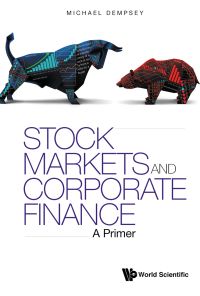Question
Chapter 6 1. An arbitrage is best defined as: a. A legal condition imposed by the Commodity Futures Trading Commission. b. The act of simultaneously
Chapter 6 1. An arbitrage is best defined as: a. A legal condition imposed by the Commodity Futures Trading Commission. b. The act of simultaneously buying and selling the same or equivalent assets or commodities for the purpose of making reasonable profits. c. The act of simultaneously buying and selling the same or equivalent assets or commodities for the purpose of making guaranteed profits. d. None of the above. 2. If a foreign country experiences a hyperinflation: a. Its currency will depreciate against stable currencies. b. Its currency may appreciate against stable currencies. c. Its currency may be unaffectedit's difficult to say. d. None of the above. 3. In view of the fact that PPP is the manifestation of the law of one price applied to a standard commodity basket: a. It will hold only if the prices of the constituent commodities are equalized across countries in a given currency. b. It will hold only if the composition of the consumption basket is the same across countries. c. Both a. and b. d. None of the above. 4. Generally unfavourable evidence on PPP suggests that: a. Substantial barriers to international commodity arbitrage exist. b. Tariffs and quotas imposed on international trade can explain at least some of the evidence. c. Shipping costs can make it difficult to directly compare commodity prices. d. All of the above. 5. A higher U.S. interest rate (i$ ) will result in: a. A stronger dollar. b. A lower spot exchange rate (expressed as foreign currency per U.S. dollar). c. Both a and b. d. None of the above.
Step by Step Solution
There are 3 Steps involved in it
Step: 1

Get Instant Access to Expert-Tailored Solutions
See step-by-step solutions with expert insights and AI powered tools for academic success
Step: 2

Step: 3

Ace Your Homework with AI
Get the answers you need in no time with our AI-driven, step-by-step assistance
Get Started


